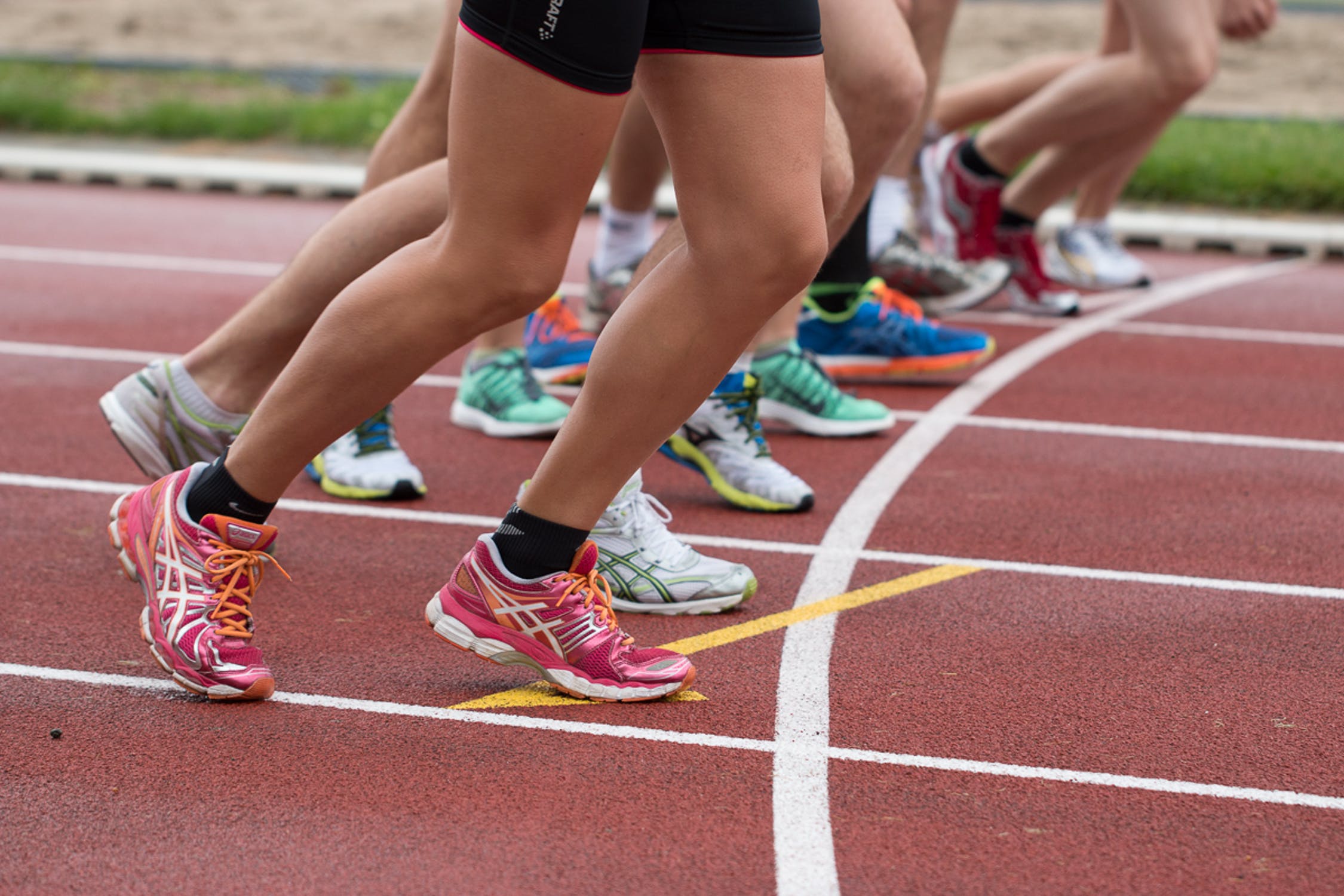The influence cannabidiol on delayed onset of muscle soreness
Authors:
Andrew Hatchett, Kaitlyn Armstrong, Brittany Hughes, Brian Parr
Published in International Journal of Physical Education, Sports and Health
March 2020
Abstract
Introduction: Exercise induced muscle damage (EIMD) can result in a condition commonly known as delayed onset of muscle soreness (DOMS). The influence the well-known anti-inflammatory effects of cannabidiol (CBD) can have on DOMS has yet to be determined. The aim of this study was to determine the influence CBD can have on EIMD DOMS. Materials and Methods: Twenty-three trained participants completed a lower extremity EIMD protocol prior to being randomly assigned to either a CBD, MCT or null group. Self-report visual analog scale (VAS) scores were used to determine the level of soreness the participant was experiencing throughout the study (pre-, post-EIMD protocol, 24-, 48-, 72- and 96-hours post-EIMD protocol). The CBD group was given a 1ml solution of CBD and MCT oil. This solution contained 16.67mg of CBD. The MCT group received 1ml of MCT. The null group received nothing.
Results: Each group reported significantly different post-EIMD VAS score when compared to pre-EIMD. The CBD group reported significant differences in VAS score at post-EIMD to 24-hours post-EIMD, at 48-hours post- EIMD and 72-hours post-EIMD. At 96-hours post-EIMD the CBD group reported VAS scores closer to pre-EIMD levels than either the MCT or null groups. Conclusions: CBD appears to have a significant influence on muscle soreness associated with EIMD DOMS when consumed immediately after strenuous exercise. Additionally, the rate of recovery with CBD use is greater when compared to MCT only or no intervention.
Citation:
Hatchett A, Armstrong K, Hughes B, Parr B. The influence cannabidiol on delayed onset of muscle soreness. Int J Phys Educ Sport Heal. 2020;7(2):89-94.


